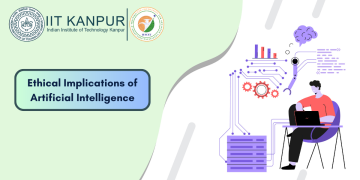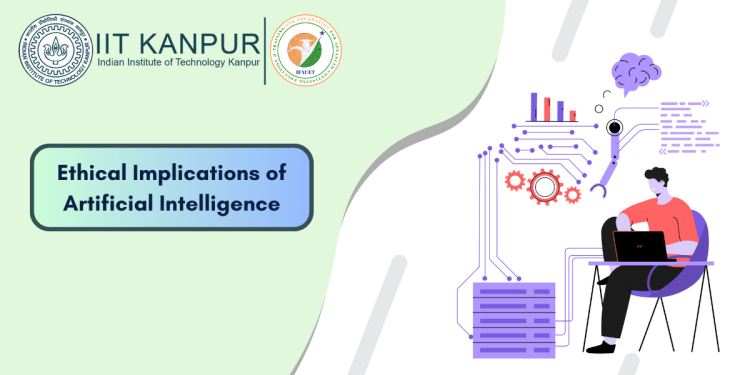🌐 Introduction
Artificial Intelligence (AI) is transforming industries across India, from healthcare and agriculture to finance and education. With rapid advancements in machine learning, natural language processing, and robotics, AI promises to boost productivity and innovation. However, ethical challenges related to privacy, bias, and job displacement also need careful attention.
💡 Key Applications of AI in India
- Healthcare: AI-powered diagnostics, telemedicine, and personalized treatment plans.
- Agriculture: Crop monitoring, pest detection, and yield prediction using AI models.
- Finance: Fraud detection, credit scoring, and automated customer service.
- Education: Personalized learning platforms and automated grading systems.
- Smart Cities: Traffic management, energy optimization, and public safety.
⚖️ Ethical Considerations
| Concern | Description |
|---|---|
| 🔐 Privacy | Protecting user data from misuse or unauthorized access |
| ⚖️ Bias & Fairness | Ensuring AI algorithms do not discriminate against any group |
| 👥 Job Displacement | Managing workforce transitions due to automation |
| 🤝 Accountability | Defining responsibility for AI-driven decisions |
📈 Government Initiatives and Industry Response
- National AI Strategy focused on healthcare, agriculture, and education.
- Collaboration between startups, academia, and government agencies.
- Promotion of ethical AI research and development frameworks.
- Investments in AI skill development programs.
🧠 Expert Insight
“AI offers tremendous potential for India’s growth, but we must build frameworks that balance innovation with ethical responsibility.”
— Dr. Radhika Menon, AI Researcher
🔚 Conclusion
AI is shaping the future of India’s economy and society. Embracing its benefits while addressing ethical challenges will be key to harnessing AI for inclusive and sustainable development.

































































